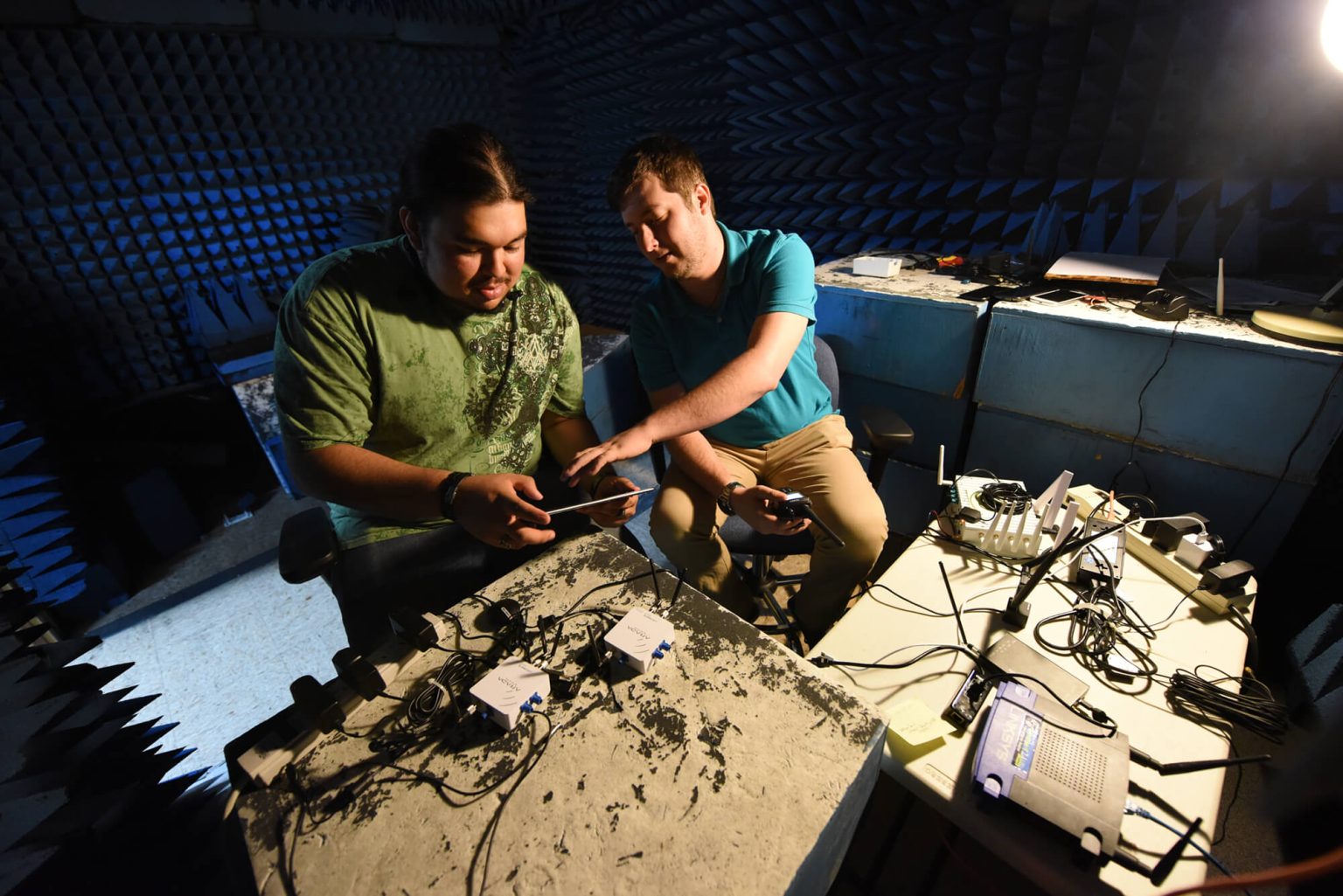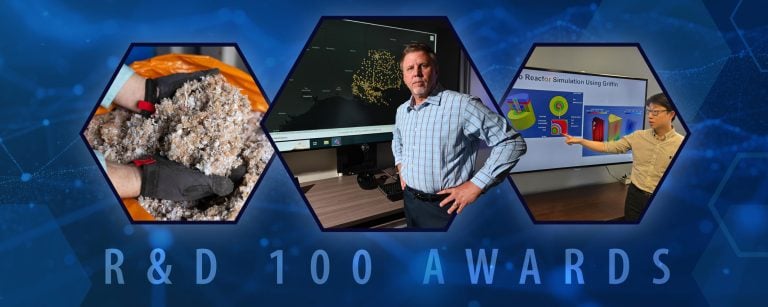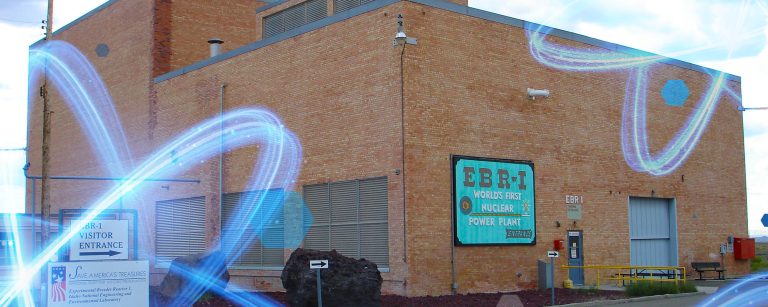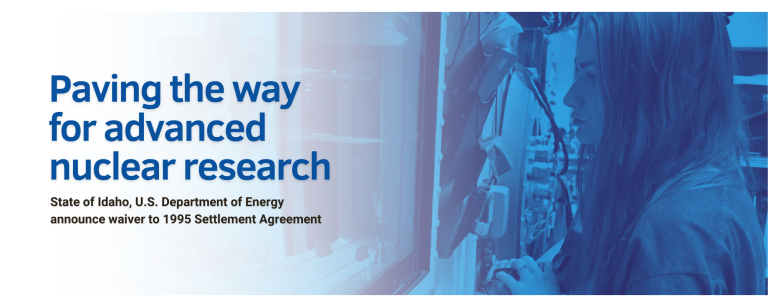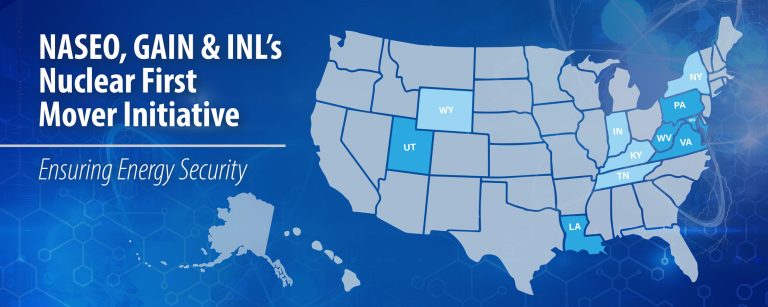For the first time, Idaho National Laboratory will provide resources and expertise for Idaho and regional universities to test their cybersecurity skills against competitive teams from across the nation. The U.S. Department of Energy (DOE) will host its fourth collegiate CyberForce Competition on Dec. 1.
The competition is co-funded by the DOE’s Office of Cybersecurity, Energy Security, and Emergency Response, Office of Electricity, Office of Science, Office of the Chief Information Officer, and the National Nuclear Security Administration. It will bring together hundreds of college students from across the country to compete at seven of the Department’s national laboratories.
The event aims to address the cybersecurity workforce skills gap and increase security awareness around energy-critical infrastructure. Student teams participating at INL include: Brigham Young University, Brigham Young University–Idaho, Idaho State University, LDS Business College, University of Utah, and University of Wyoming. The U.S. Department of Energy will host its CyberForce Competition at seven national laboratories across America. The event will unite 70 college teams to compete against each other.
“This is a rare opportunity for Idaho and regional universities to take part in a national cyber competition,” said Zachary Tudor, INL associate laboratory director for National & Homeland Security. “The simulation is designed to help students tackle real-world cybersecurity challenges that INL’s Cybercore Integration Center, and other labs, are working with DOE to solve.”
In this year’s scenario, students will defend a simulated oil transportation network, power delivery system and high-performance computing system. Previous scenarios have focused on water and power delivery systems. The competition incorporates several components to add to the realism of the scenario, including a barrage of lifelike anomalies and real-world constraints, as well as volunteer users who grade teams on the usability and reliability of their delivery services.
Throughout, teams have the strain of balancing security with usability; they will be judged on how well they maintain both through a points-based system. A winner will be announced at each laboratory site, and a national winner will be announced following the event.
The CyberForce Competition is one of many ways DOE promotes the development of a workforce of cyber professionals with competencies relevant to the energy sector, and raises awareness of cutting-edge cybersecurity and critical infrastructure innovation happening in the Department and across the national laboratories. Events like this aim to encourage students to consider careers in this high-demand field and drive growth of the workforce. The competition also aims to help students develop the teamwork and technical skills needed to succeed in future cyber roles.
Corporate sponsors include the Federal Training Partnership, which produces training, technology and military-related events for government and industry, and Microsoft Government Azure, which delivers security and compliance services to U.S. government agencies and their partners. Representatives from Claroty, an industrial control networks security provider to government and industry, are attending the competition as industrial control networks (ICS/OT). Students also have an opportunity for awards of formal industry training/certification from International Information System Security Certification Consortium (ISC)2, the world’s largest information security organization.

